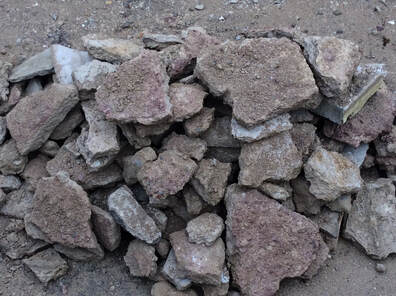
Arduous as our labour was, there was of course no comparison. We had warm, weatherproof clothing on, and we had eaten a good breakfast with two more square meals to come that day. We took a coffee break mid-morning. We were doing the work willingly, in order to rewild our garden. We have a safe, dry, warm house and comfortable beds to retreat to, and, most importantly, we were not under extreme duress. Art Spiegelman, in his graphic novel Maus, conveys, eloquently, in the character of his father, what it felt like to be in Auschwitz.
Those prisoners in Auschwitz, in extreme cold, were made to move a huge pile of stones from one place to another, only to be forced, the next day, to return them to their former place. Thus were they deprived of perhaps the only available meaningful aspect of the task, that is the small human pleasure of doing a job well - one of thousands of examples of the deliberate cruelty of the Nazi regime, where the bullying tendencies of those in power were given free rein over the powerless.
I distinctly remember, as a schoolgirl, seeing photographs of the extermination camps for the first time - my friend Geraldine was reading a book containing pictures showing piles of corpses discovered by the Allies. I recall the visceral shock it gave me. I used to think, as a teenager and young adult, that the Nazi regime could never have ascended to power in Britain - that we British were too reasonable for such extreme views to take hold.
With decades of life lived since then (and some highly valued friendships made with kind, mild, reasonable Germans), I have come to believe that no nation is more cruel than any other, but sadly, there is all too much evidence that individual human cruelty is alive and well in every part of the globe, even in those countries where past suffering has not resulted in compassion or understanding, but has led to further persecution of minorities. The list is long.
A great teacher of mankind exhorted “Be ye kind”, and thankfully there are many who strive to do just that. It doesn’t have to be of heroic proportions - perhaps just taking care to include someone who is sitting on the periphery of a group looking a bit shy. Which brings me to my further reflection while moving those stones in our garden - on a memorial I saw in Aachen, on a Christmas market visit, ‘In memory of all the women of Aachen, who ensured the survival of the people of our city through the war and who, after the end of the war, worked exceptionally hard to make it inhabitable again’ (English translation). The Trummerfrauen cleared away the rubble in Germany left from the Allied bombing with their bare hands, in the absence of available tools.
I was shown a kindness on that visit by a stranger, which prompted the following poem:
Aachen at Advent
Wardens at the bronze door allowed me in, having
confirmed I came to pray, not see the Emperor’s gold.
Sitting on the crowded pew beneath the dome,
my bladder protested in that cold it would not last through Mass.
I turned to my neighbour, a plain straight-faced German,
and asked directions. Instead, getting to her feet
and disdaining her crutch propped against the wall nearby
she grasped my wrist, pulled me the length of the aisle
lumbering from side to side with some difficulty but no complaint
waited for me and, we hurrying back just in time,
picked up our hymn books, the young men solemn
processing past with ceremonial swords,
and sang together the familiar tunes of childhood,
praises to a loving God shared through a century and more
echoed by Tommies and Fritzes on entrenched battlefields
where, interrupted by death and leave, occasional laughter
(Gott Mit Uns, We got mittens too), they sang their songs
and spoke our Lord's Prayer in our separate tongues.
In the street I watched the smiling hurdy-gurdy man,
his hand strapped to the turning handle,
and the riders in a row, they and their
gentle patient mounts black caped and capped
the Rathaus backdropped high behind the Christmas stalls.
Footnote:
The Pfalz in Aachen was the location of the most important
pilgrimage north of the Alps in the Middle Ages, and the site of Charlemagne's
tomb.

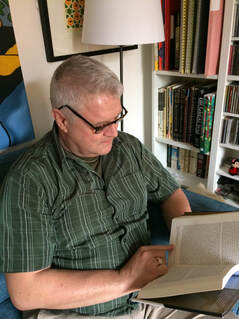
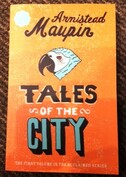
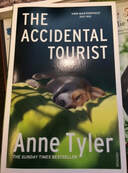
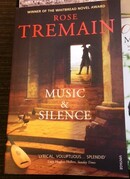
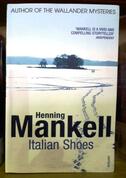
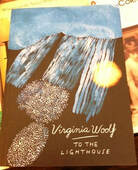
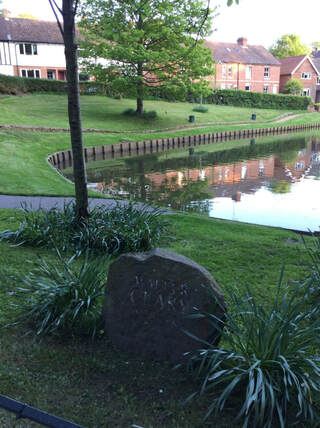
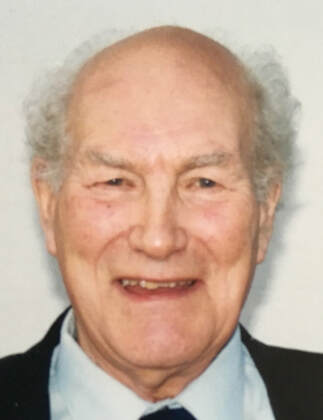
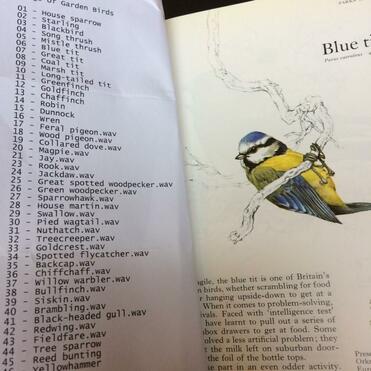
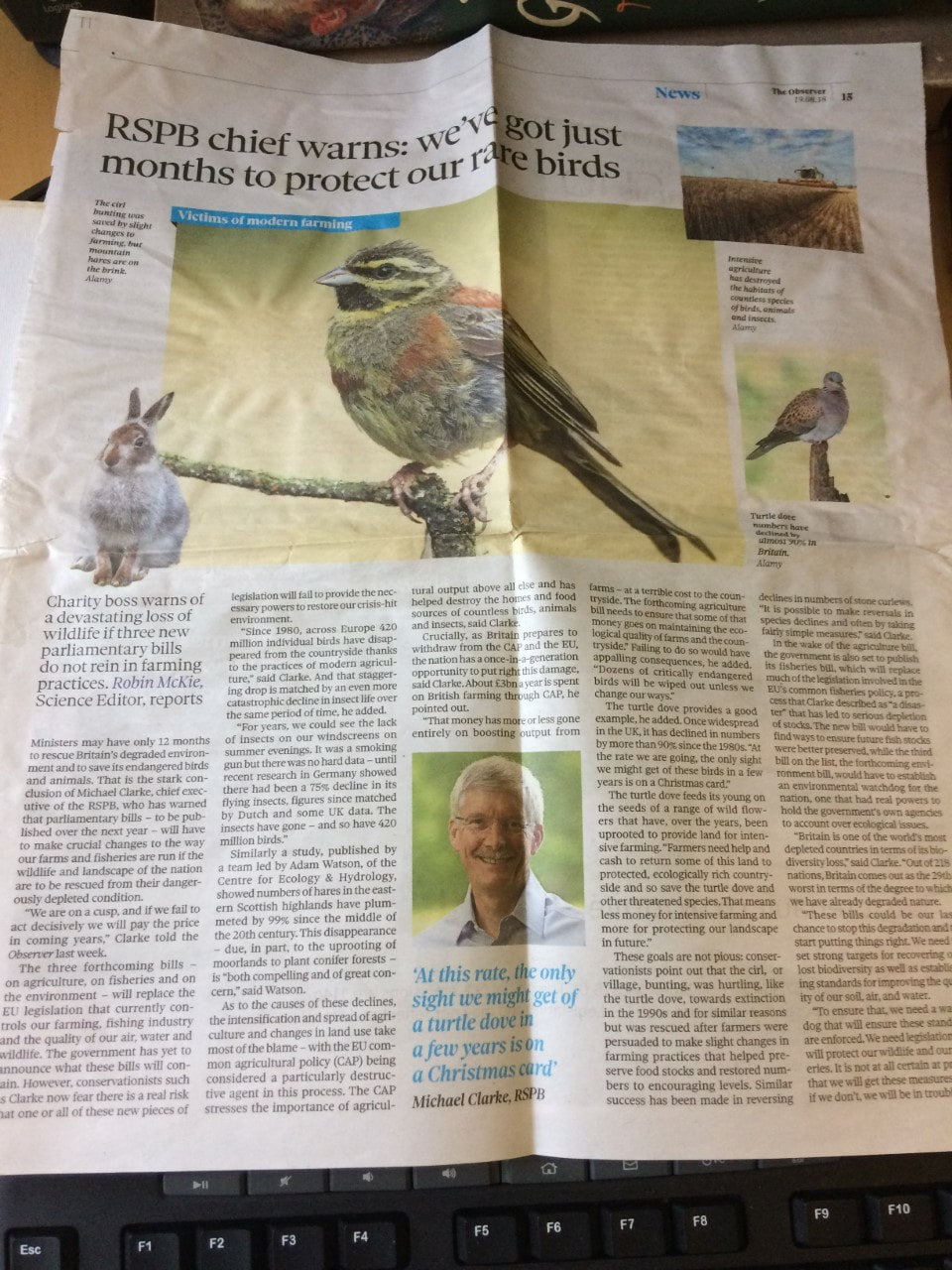
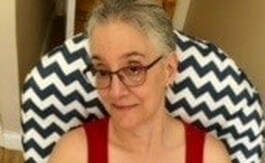
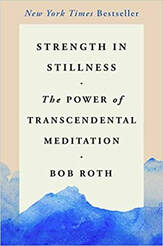
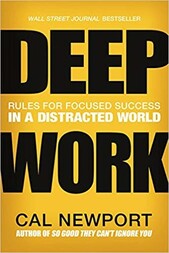
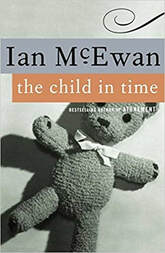
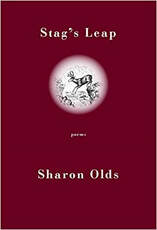
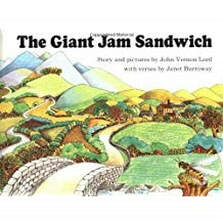
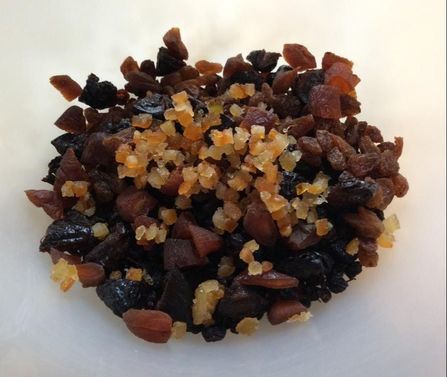
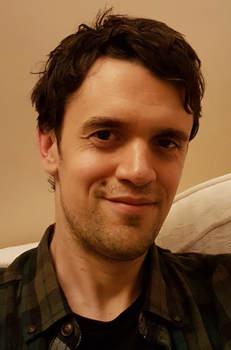
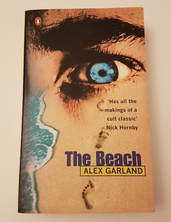
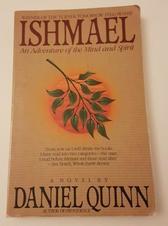
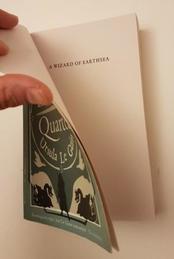
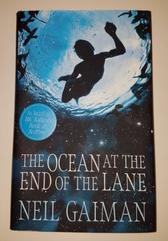
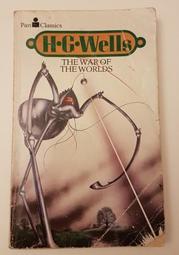
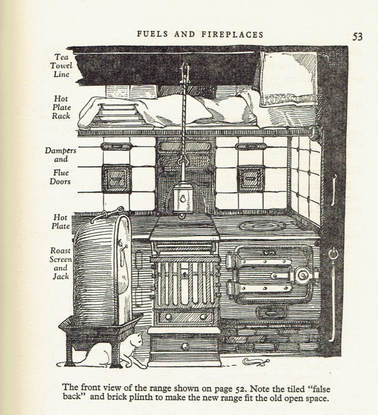
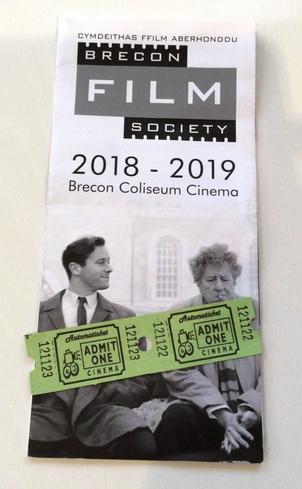
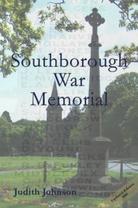
 RSS Feed
RSS Feed
